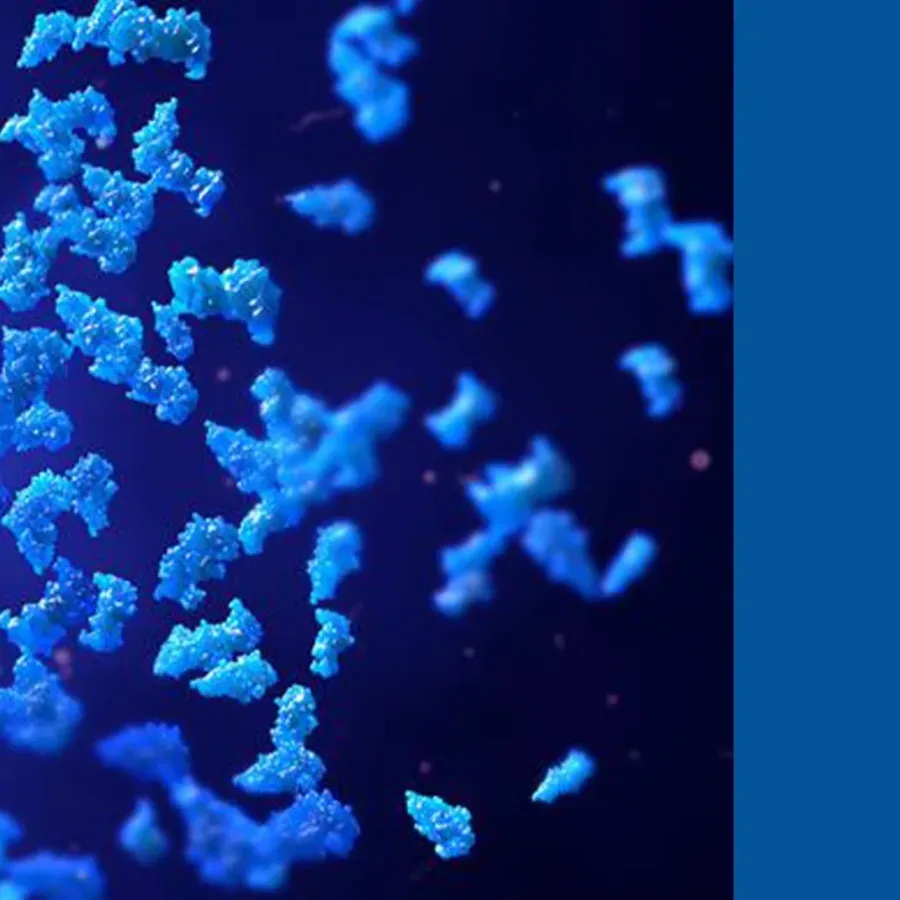 webinars
webinars
The NULISA™ / Argo™ HT platform is a new, cutting-edge technology with strong potential in ultra-sensitive biomarker detection and targeted proteomics. You can now watch KCAS Bio’s XTalks webinar to learn more about how we leverage this technology for the analysis of low-abundance biomarkers. Abstract In drug…
 Blogs
Blogs
In the drug development landscape, biomarkers are important tools that are used as strategic drivers of decision-making. From target engagement to safety monitoring and patient stratification, biomarkers accelerate clinical development and increase the probability of success. But not all biomarkers are created equal, and their value depends heavily on…
 webinars
webinars
In the evolving landscape of drug development, biomarkers are increasingly vital in driving decisions across preclinical and clinical studies. From patient stratification and efficacy monitoring to safety assessments and pharmacodynamic evaluations, biomarkers are critical tools for reducing development timelines and increasing the likelihood of regulatory success. But with so many…
 Blogs
Blogs
What is immunogenicity? Immunogenicity refers to the ability of a substance, such as a New Biological Entity (NBE) or a vaccine, to provoke an immune response when administered in the body. The recognition of the substance as foreign triggers an immune response, which involves the production of antibodies and the…
 Blogs
Blogs
In biomarker-driven drug development, selecting the right assay format is critical for generating reliable data that informs scientific and clinical decisions. Whether quantifying proteins, immune cell subsets, or complex molecular signatures, the choice between off-the-shelf and customized assays has direct implications for timelines, costs, and how well the assay performance…
 November 5
- November 9
November 5
- November 9
KCAS Bio will be participating in Society for Immunotherapy of Cancer (SITC) 2025, taking place on November 5-9 in National Harbor, MD. SITC 2025 convenes researchers, clinicians, and biopharmaceutical developers to explore the latest breakthroughs in immune-based cancer treatments. These field experts will discuss cutting-edge research and clinical needs within…
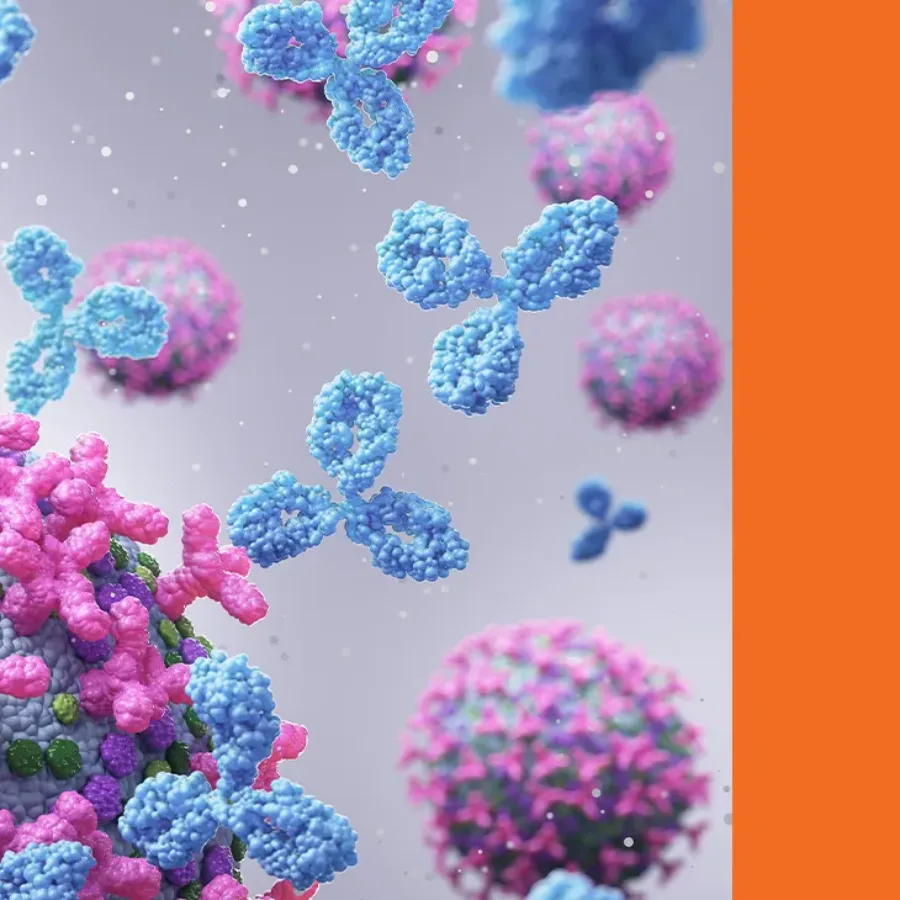 Blogs
Blogs
In the ever-evolving landscape of drug development, biomarkers have emerged as critical tools for the mechanism of action, early proof of mechanism, safety, predictive, efficacy, and monitoring treatment response. As the field advances, two major classes of biomarkers have come to the forefront: soluble biomarkers and cellular biomarkers. While…
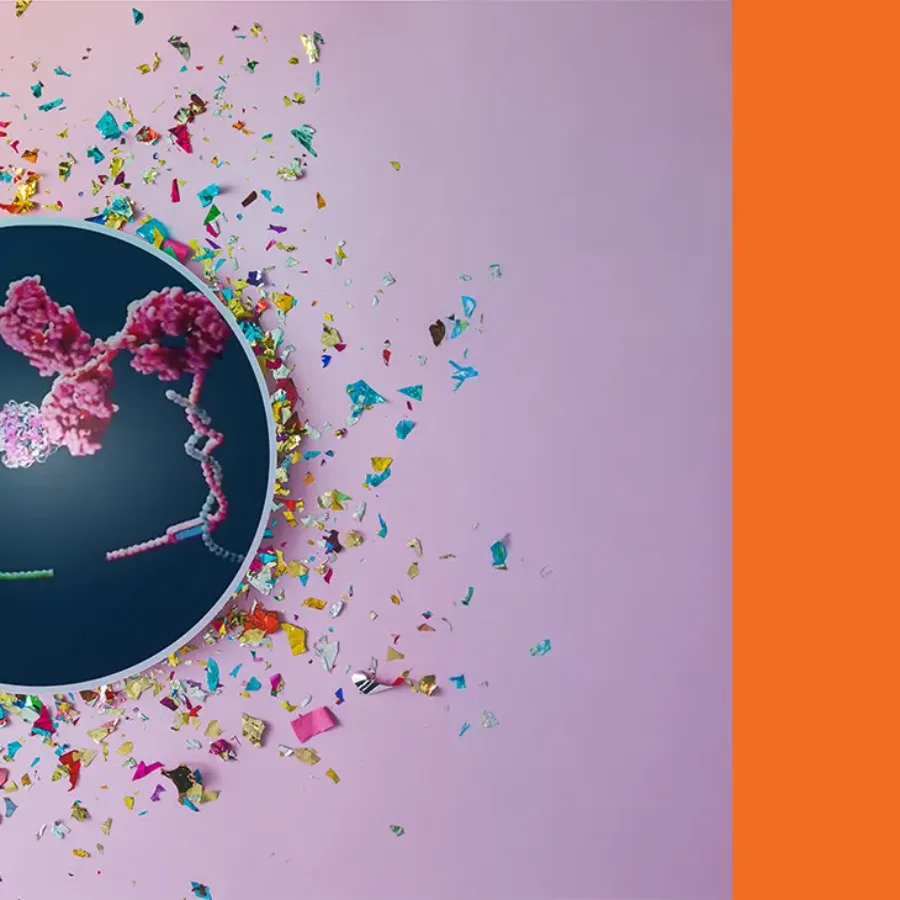 Blogs
Blogs
Remember that childhood excitement the night before Christmas? Too excited to sleep, knowing something you wished for was finally within reach? That’s exactly the spirit fueling our teams in Lyon as we approach the end of June. We’re eagerly awaiting the arrival of a powerful new platform at our…
 Blogs
Blogs
Biomarkers (BMKs) have become fundamental tools in drug development, accelerating and optimizing targeted therapeutic innovation. As a bioanalytical CRO with over 15 years of experience in biomarker analysis, we’ve seen firsthand how the strategic integration of biomarkers can accelerate drug programs, help meet evolving regulatory standards,…
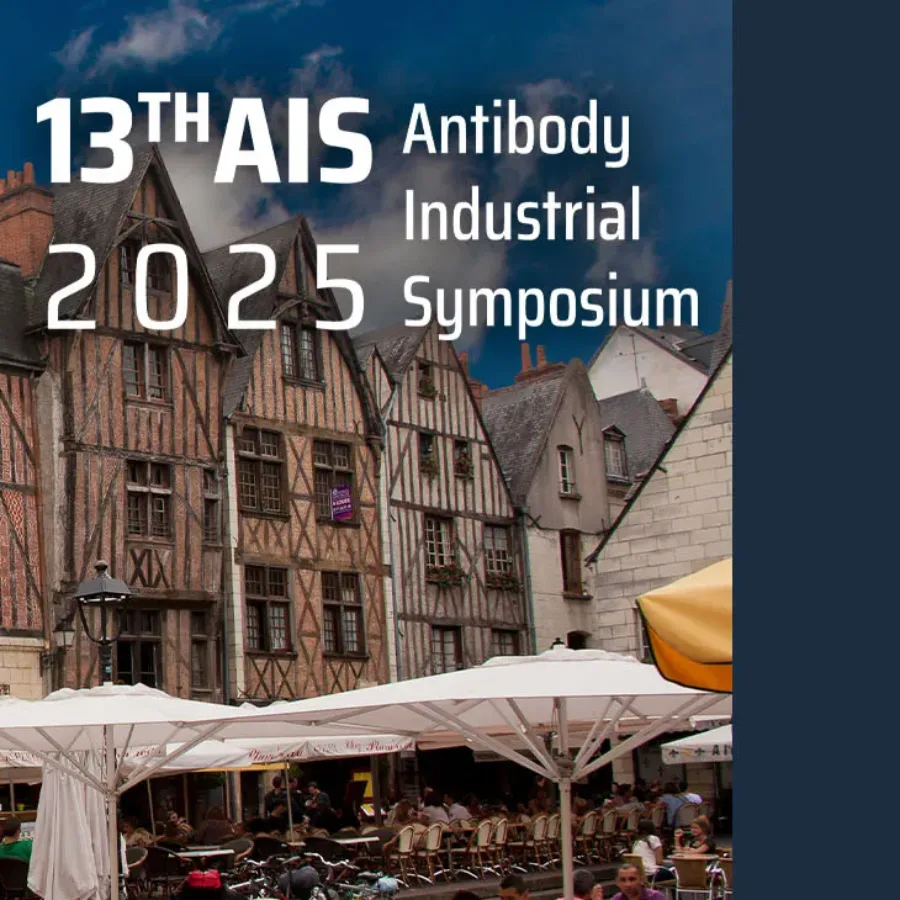 June 25
- June 26
June 25
- June 26
KCAS Bio is happy to announce our participation in the 13th edition of the Antibody Industrial Symposium (AIS), taking place in Tours, France. As a premier event in the antibody and therapeutic development sector, AIS offers a unique platform for scientific exchange, collaboration, and innovation. KCAS Bio’s Expertise…
 Podcasts
Podcasts
In Episode 88 of The Weekly Bioanalysis, hosts Dominic Warrino, Ph.D. and John Perkins, Ph.D present a special WRIB 2025 recap featuring several KCAS Bio scientists who share firsthand insights from their presentations at the major bioanalytical conference. David Ambrose highlights KCAS Bio’s global harmonization of spectral flow cytometry instruments across…
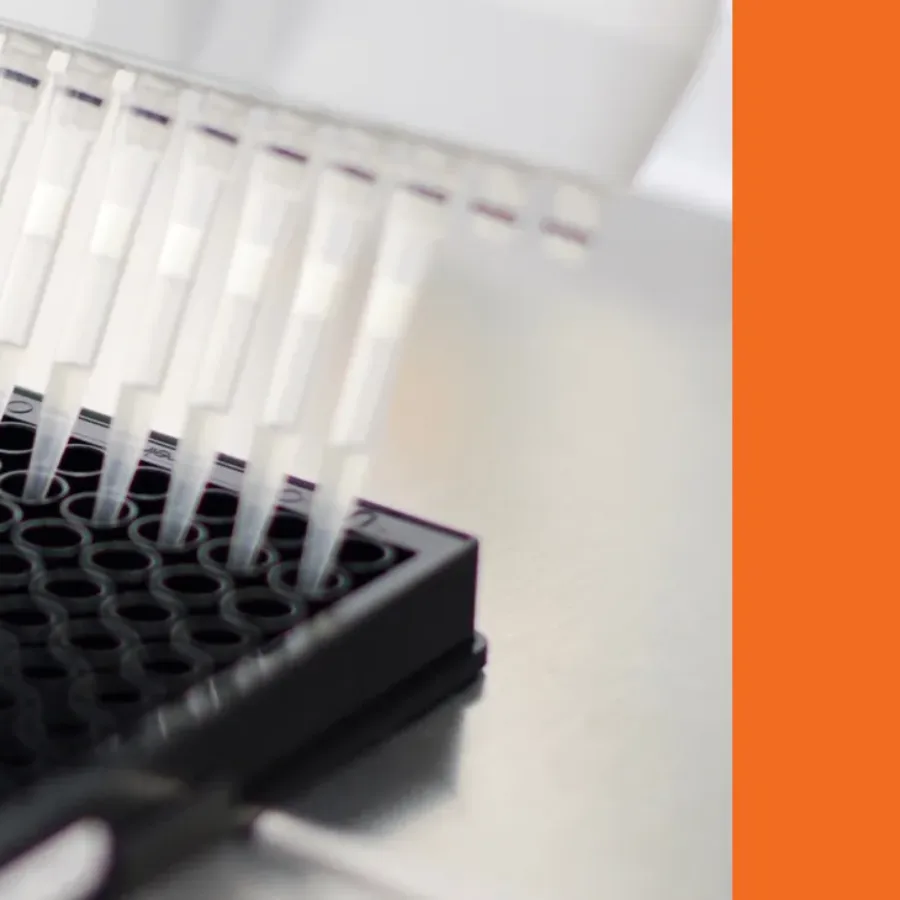 Blogs
Blogs
KCAS Bio offers a wide range of biomarker services, from cell-based to soluble biomarker analysis, including ligand binding assays (LBA), across a variety of matrix types. Soluble biomarker analysis can be achieved on multiple platforms depending on factors such as sample type, required sensitivity, and whether multiplexing is…